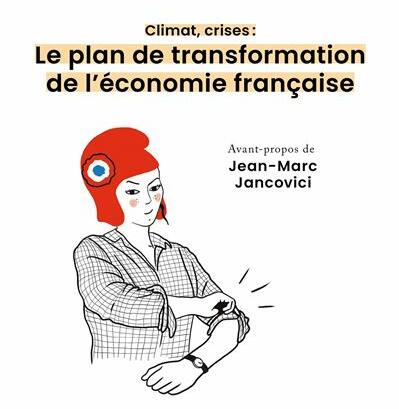Climate is increasingly on everyone’s mind. But it is by no means the only reason to reduce our society’s dependence on fossil fuels. Fossil fuels will inevitably become rarer, and our supply depends on increasingly complex and costly technologies developed in countries that are often unstable or far away, and whose geopolitical interests are not necessarily aligned with those of Europe or France.
The issue of limits to global oil production thus appears to be the “broom wagon” of climate policies: if these climate policies fail, humanity risks being caught up by ever-greater constraints on access to crude. These constraints would not, however, be enough to eliminate the problem of global warming. Far from being mutually exclusive, global warming and “peak oil” are two dangers that combine and compound each other.
Consequently, the challenge of “peak oil” is a strong additional reason for urgently planning our way out of oil, without relying on global economic growth that remains proportional to oil consumption.
OUR PROJECTS
-
“Natural gas: what supply risks for the European Union?” – December 2022
Based on data from Norwegian company Rystad Energy, this new Shift publication provides new insights into the European energy context, and the scale of the systemic threat to the continent’s gas supply. If Europe fails to decarbonize “willingly” to preserve our climate, it risks having to do so “forcibly” due to endemic constraints on its access to fossil fuels.
To find out more, visit the report’s dedicated page.
-
“Future oil supply: what are the risks for Europe?” – May 2021
Responding to a consultation by the French Ministry of Defence, this work aims to further document the threat posed by the approach of the inevitable “peak oil”, and its specific risks for EU countries, which are among the world’s leading importers of crude oil. Compiled by top-level experts, the report analyzes the future production prospects of the EU’s 16 main current supplier countries, looking ahead to 2030 and 2050.
To find out more, visit the report’s dedicated page.

